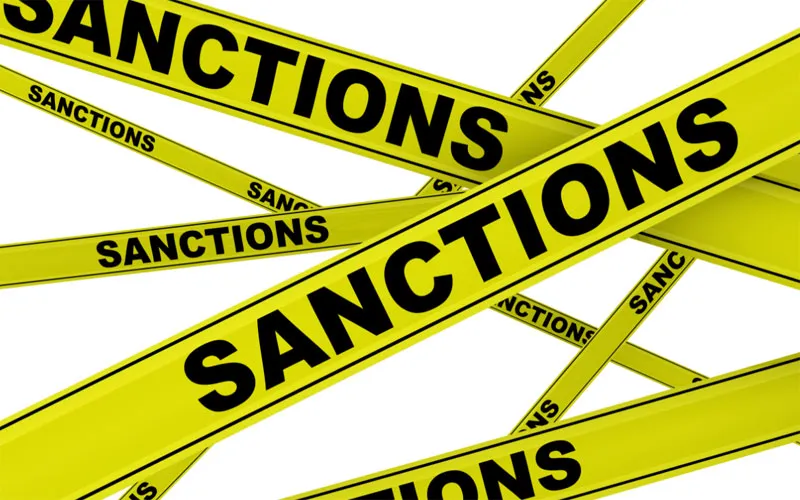In an attempt to justify the move by the U.S. government, Mr. Rombek said, “Diplomacy matters here; maybe America is trying to see how they can work with South Sudan in terms of diplomacy and these are attempts in trying to collaborate to help the country.”
He advocated for tolerance saying, “We have to tolerate because at times, sanctions of such nature may affect the diplomacy of the country whereby if those people are in the government, shortcomings of so many things may arise, but tolerance matters here very much because we are aspiring for peace.”
He appealed to those who have been sanctioned, “If you feel that you have done wrong and you are guilty of what you have done, I think you better correct yourself.”
On his part, the Church and Parliamentary liaison Officer at the Juba-based SSCBC, Isaac Kenyi challenged the sanctioned government officials to reflect about their past actions aware that issues in South Sudan are a concern to the international community.
“They should start reflecting because the international community is tired, and particularly diplomatic friends of South Sudan are tired of South Sudan’s issues,” Mr. Kenyi told ACI Africa in reference to various government personalities that have been sanctioned in recent times.
On December 16, 2019, the U.S. Department of the Treasury's Office of Foreign Assets Control (OFAC) sanctioned two South Sudanese Government officials, the Minister of Cabinet Affairs, Martin Elia Lomuro and the Minister of Defense and Veteran Affairs, Kuol Manyang Juuk on accusation of obstructing the peace process.
Mr. Kenyi reiterated and probed, “They have to reflect, are they really doing the right thing or not doing the right thing. Do they have the political will to end this fight or they do not? Are they just playing games or not? Are they doing the delaying tactics?” Kungur queried.
“I think the sanctions came as a result of intransigencies of our leadership not to implement the agreement,” he reflected and added, “sanctions are now coming as pressure on the government, on the individuals in South Sudan to see to it that there is no way they can get away with it.”
For Mr. Kenyi, sanctions are “a pressure from the international community on the leadership of South Sudan to implement the agreement.”
The deadline to the formation of a unity government in South Sudan is into the last full month after the main parties in conflict agreed to extend, for the second time, their resolution to include opposition leaders in the South Sudan governance structure as stipulated in the Revitalized Agreement on the Resolution of Conflict in South Sudan (R-ARCSS).








